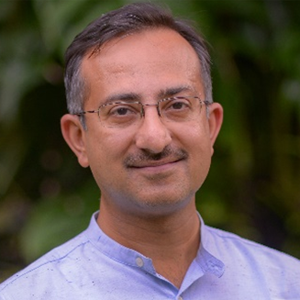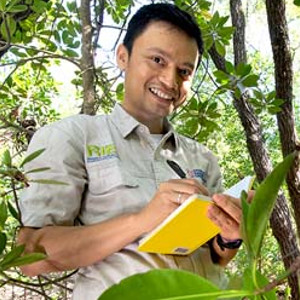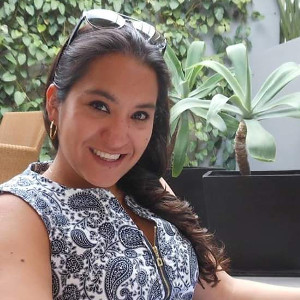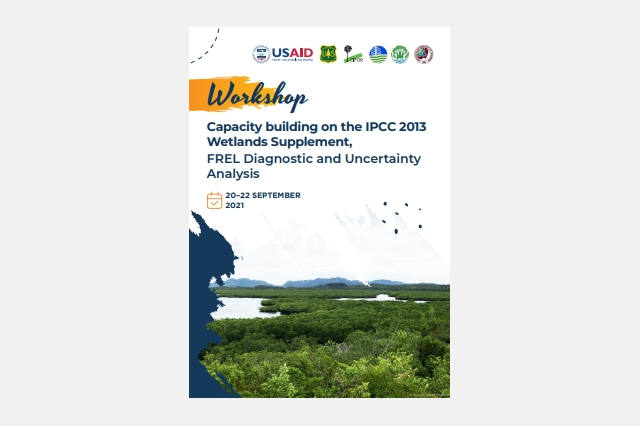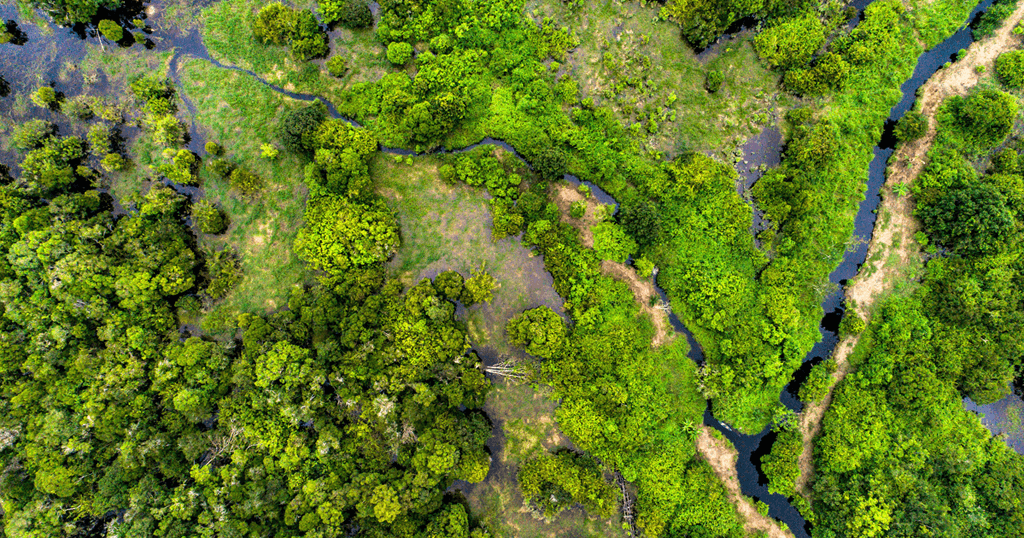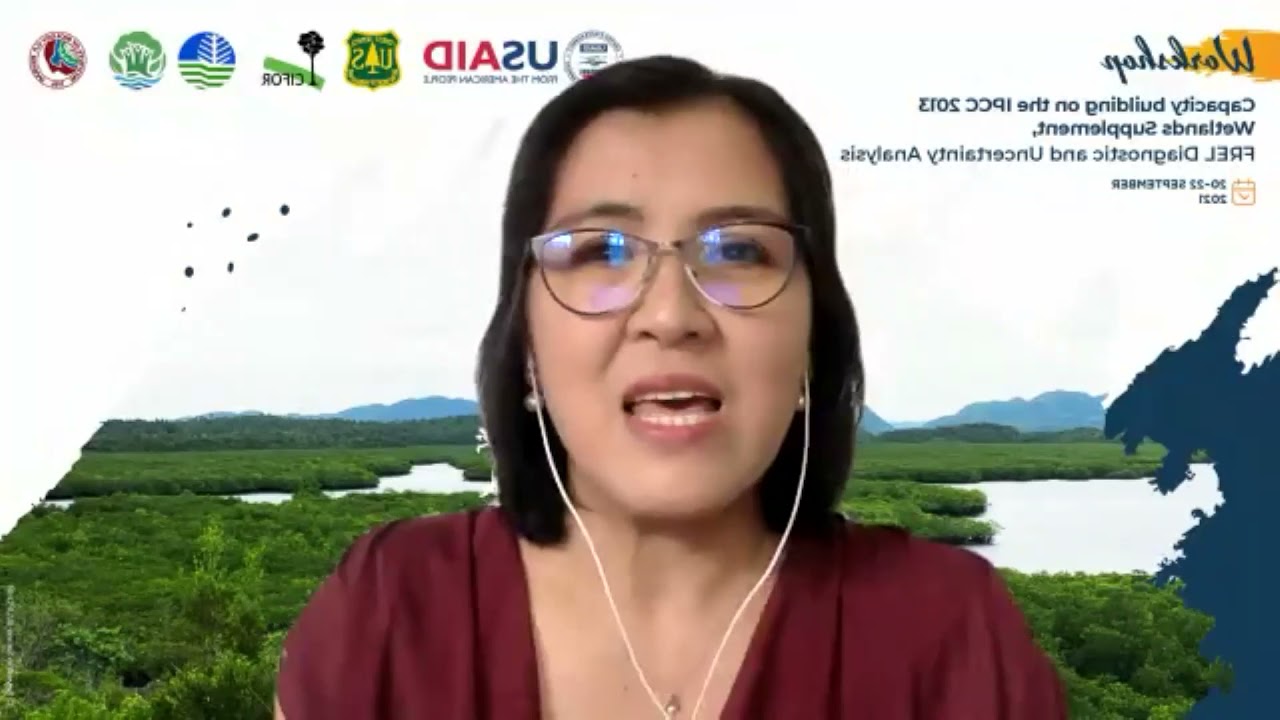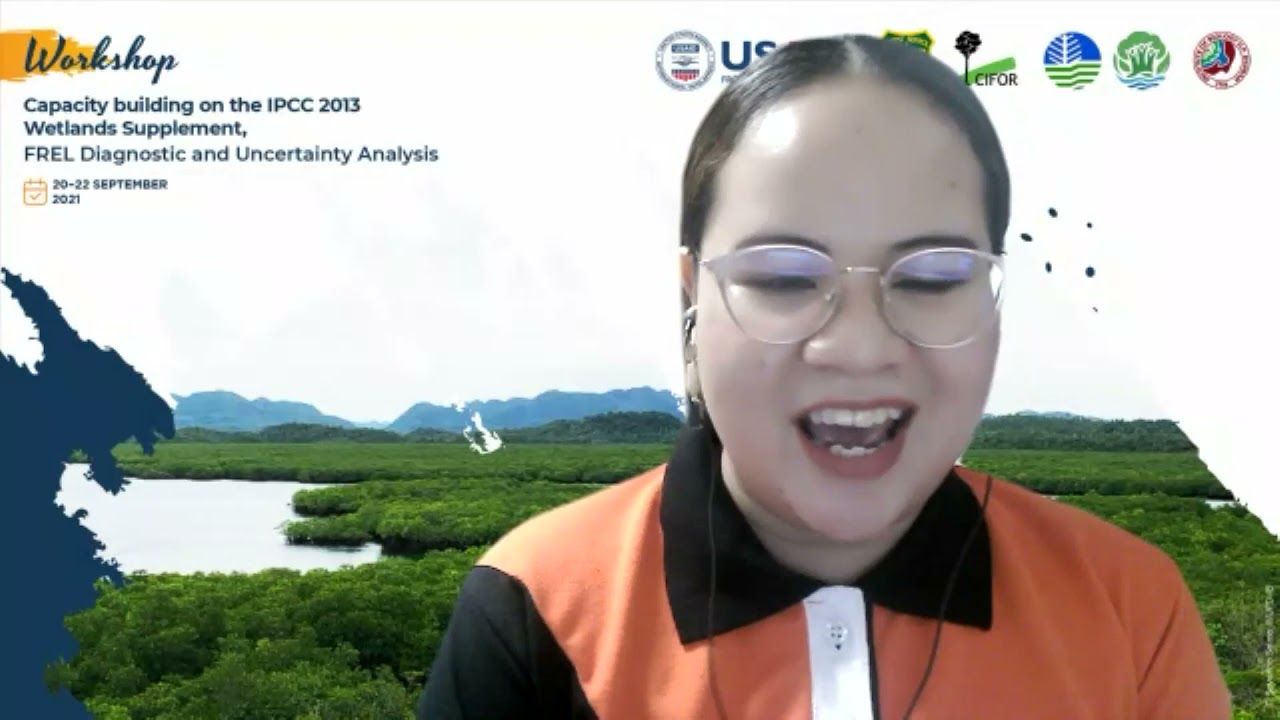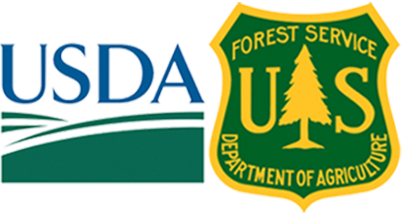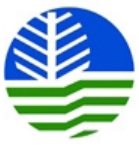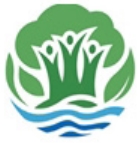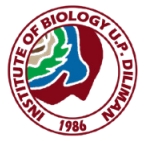
Speakers/moderator
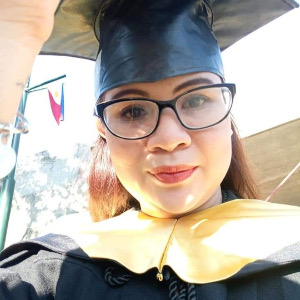
Adreana Remo

Allan Castillo

Henry Adornado
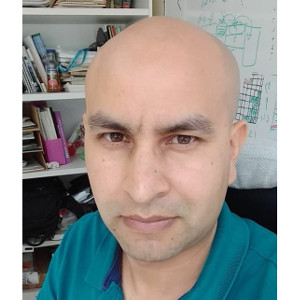
Oswaldo Carrillo
Overview
Conservation and restoration of coastal ecosystems, including tidal salt marshes, seagrass meadows and mangrove forests (collectively called blue carbon (BC) ecosystems), offer excellent opportunities around nature-based solutions for climate mitigation and adaptation. The purpose of this three-day workshop is to provide decision makers with information on: (i) how to use and implement the IPCC 2013 Wetlands Supplement, (ii) how mangroves fit into the national Forest Reference Emission Level (FREL) and Nationally Determined Contributions (NDCs); (iii) the importance of the Transparency, Accuracy, Comparability, Completeness, Consistency (TACCC) principles of the UNFCCC; and (iv) how to improve estimates of uncertainty for the FREL through advanced techniques such as Monte Carlo simulations.
Goal and objectives
The overall goal of the workshop is to build the capacity of officials of the Philippines Government in developing higher tier and more accurate emission factors (EFs) for mangroves, incorporating those EFs into the upcoming FREL and NDCs, and participating in REDD+ and other C credit payment mechanisms. The workshop is designed to allow direct interaction and two-way communication with Philippines Government officials with the following specific objectives:
- To familiarize participants with the IPCC 2013 Wetlands Supplement through hands-on sessions on the use and understanding of the Wetlands Supplement for mangroves by navigating through Chapter 4 (Coastal wetlands) of the Supplement, and to provide scientific background for some key EFs (e.g. deforestation) for a better understanding on how to develop Tier 2 EFs.
- To present the Transparency, Accuracy, Comparability, Completeness, Consistency (TACCC) principles of the UNFCCC.
- To introduce methods for estimating uncertainty into activity data and emission factors for reports such as those on the FREL (e.g. Monte Carlo simulations).
Program
The program is designed to allow exchange of knowledge and experience among participants and facilitators/resource persons in the following areas:
- Methods: The use of IPCC Wetlands Supplement, especially the chapter on coastal wetlands
- Methods: Introduction to uncertainty analysis (Monte Carlo)
- Data: Identification of data availability and gaps through TACCC diagnostic
- Methods: How to incorporate mangroves into the FREL and NDCs
Expected outputs
- Participants will familiarize themselves with the IPCC 2013 Supplement on Wetlands.
- Participants are aware of the gaps in data and information (missing sources and sinks) and practice with quality control and quality assurance (QA/QC) exercises to improve the FREL.
- Participants are well-equipped with methods and analytical capacity to further develop improved FREL and updated NDCs.
Presentations
- Introduction to NDCs and FREL
- Mangrove emission factors: Navigating chapter 4-Coastal wetlands
- Mangrove emission factors: Scientific background on key emission factors (study case the Philippines)
- FREL uncertainties estimates
- Description of TACC principles
- Diagnostic of how the submitted FREL could be improved to better align with the TACC principles, using Indonesia as a example
Contacts
For more information, please contact:
Rupesh K Bhomia, PhD
Scientist
CIFOR
(r.bhomia@cgiar.org)
Richard MacKenzie, PhD
Aquatic Ecologist
US Forest Service
(Richard.mackenzie@usda.gov)















